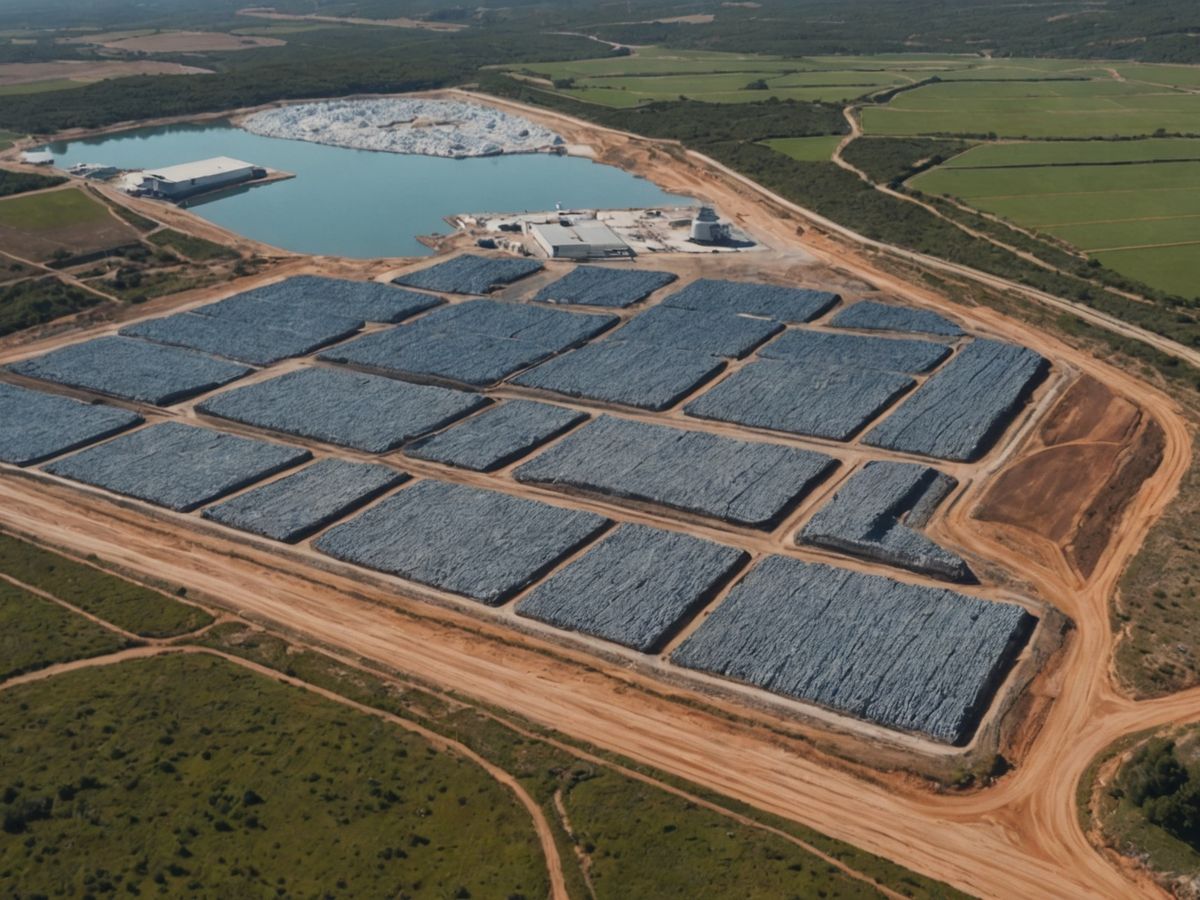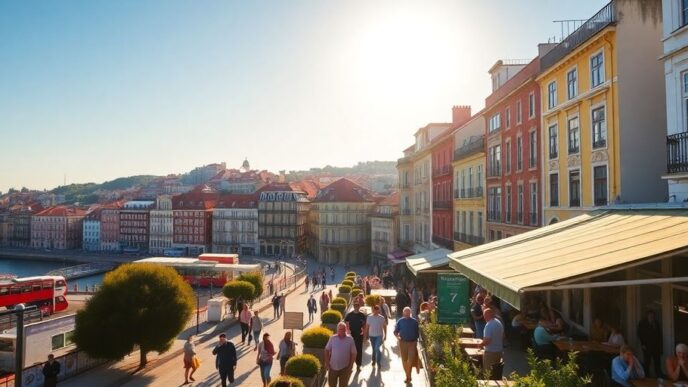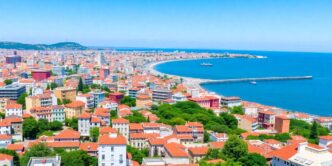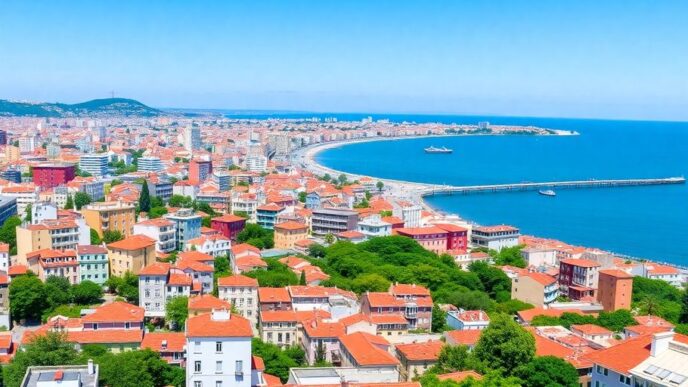Portugal is at the center of a heated debate over lithium mining, as the country’s rich lithium reserves attract international interest. The proposed mining projects promise economic benefits but pose significant threats to local livelihoods and biodiversity, particularly in the Barroso region.
Key Takeaways
- Portugal’s Barroso region is rich in lithium, a key component for electric car batteries.
- Proposed lithium mining projects threaten local agriculture, water sources, and biodiversity.
- Local communities and environmentalists are strongly opposed to the mining plans.
- The Portuguese government is caught between economic incentives and environmental concerns.
The Promise of Lithium
The Barroso region in northeastern Portugal is believed to contain some of Europe’s most significant lithium resources. Savannah Resources, a UK-based company, has received preliminary approval to develop Western Europe’s largest open-pit lithium mine in Barroso. The project aims to produce enough lithium for about half a million electric car batteries each year, aligning with the European Union’s goals for a green transition.
Local Concerns
Local communities, however, are far from convinced. Farmers like Paulo Pires worry about the impact on their livelihoods. “We’re afraid of the noise, of the dust, of water contamination. Where will I take my sheep?” Pires said. The mine could threaten the pastures and mountainsides that local farmers depend on, as well as harm nearby villages.
Environmental Impact
The environmental stakes are high. Barroso is a biodiversity hotspot, home to rare species like the Iberian wolf and critically endangered freshwater pearl mussels. Experts warn that the cumulative impact of large-scale mining projects could devastate local ecosystems. “Barroso is a biodiversity hot spot with a mosaic of meadows and forests,” said lepidopterist Ernestino Maravalhas.
Economic vs. Environmental
While the Portuguese central government sees the project as an economic boon, local authorities and residents are less enthusiastic. Fernando Queiroga, the mayor of Boticas municipality, has vowed to use all means to stop the mining operations. “Our ancestors left us a very rich heritage. Will I leave my children a devastated land?” he questioned.
Lack of Transparency
Critics also point to a lack of transparency in the approval process. Local communities claim they were not consulted about the mining plans. Environmental association ZERO’s Nuno Forner noted that the public’s lack of trust in mining companies is understandable, given the industry’s history of environmental destruction.
The Bigger Picture
The controversy in Portugal is part of a broader global race for lithium, driven by the demand for electric vehicles and renewable energy storage. The European Commission estimates that demand for lithium will grow 60 times by 2050. However, environmentalists argue that a true green transition should involve rethinking how we use the earth’s limited resources, rather than merely replacing one form of consumption with another.
Conclusion
Portugal’s lithium mining controversy highlights the complex trade-offs between economic development and environmental preservation. As the world races towards a green future, the challenge will be to balance these competing interests in a way that is sustainable for both people and the planet.
Sources
- play, Al Jazeera.













